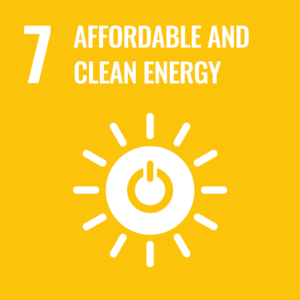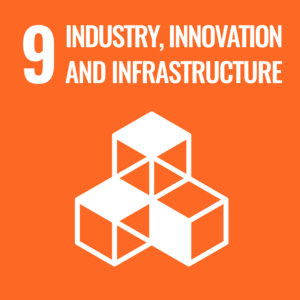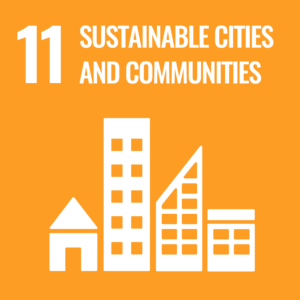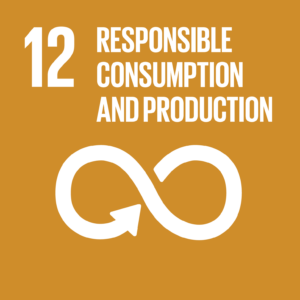 The Energy Transition: Challenges and Opportunities in the Italian Market
The Energy Transition: Challenges and Opportunities in the Italian Market
The global push towards sustainability has placed the energy transition at the heart of economic and industrial transformation. In Italy, this shift is not only a regulatory necessity but also a strategic opportunity for businesses looking to innovate and grow within a rapidly evolving landscape.
Key Drivers of Energy Transition in Italy
Italy’s commitment to reducing carbon emissions and enhancing energy efficiency is evident in several key initiatives. In particular, the country is making significant strides in its energy transition by setting ambitious targets for renewable energy development, backed by substantial EU funding. To support these efforts, National Recovery and Resilience Plan (PNRR) has allocated €55.52 billion to drive the green revolution and ecological transition, with a strong focus on renewable energy sources, hydrogen development, and sustainable agriculture.
At the same time, Italy is embracing a circular economy by promoting sustainable models that enhance resource efficiency and minimize waste. To reinforce this approach, several initiatives are being implemented to support recycling and waste reduction, further strengthening Italy’s commitment to sustainability.
Moreover, regulatory frameworks such as the PNRR itself and EU policies like Fit for 55 are accelerating decarbonization across industries. As a result, businesses operating in Italy must adapt to these evolving regulations to remain competitive and contribute to the country’s sustainability goals.
Challenges of the Energy Transition
Despite significant progress, businesses face notable challenges:
- Investment Barriers: High initial costs and complex bureaucratic processes can slow down infrastructure development. For instance, Italy has faced delays in spending its allocated EU post-COVID funds, which has weakened the anticipated growth impact on its economy.
- Grid Modernization: Italy’s aging energy grid requires significant upgrades to efficiently accommodate renewable energy sources. To tackle this issue, the grid operator Terna plans to invest over €23 billion over the next decade to upgrade its network and support the country’s energy transition.
- Market Fragmentation: Navigating regional disparities in incentives and regulations poses difficulties for investors. As a result, the complexity of Italy’s regulatory landscape can be a barrier to the rapid deployment of renewable energy projects.
Opportunities for Businesses in the Energy Sector
Despite these challenges, companies looking to enter or expand in the Italian market can leverage several strategic advantages:
- Innovation in Green Technologies: Investing in energy storage, hydrogen, and smart grids offers a competitive edge. Italy’s PNRR includes funding for hydrogen production and the development of smart grids to improve energy efficiency.
- Public-Private Partnerships: Collaborations with local municipalities and energy providers can facilitate project funding and implementation. In addition, Italy has been engaging in international agreements to produce renewable energy.
- Investments in Energy Efficiency and Digitalization Projects: The Italian government’s Transition Plan 5.0 offers incentives for companies adopting innovative technologies aimed at energy efficiency and environmental sustainability. Thus, foreign companies can seize these opportunities by investing in advanced technological solutions, contributing to the modernization of Italy’s energy sector.
The Role of Key Energy 2025 in the Energy Transition
The Key Energy 2025 trade fair in Rimini serves as a platform for industry experts, companies, and institutions to discuss innovations, investment strategies, and sustainable growth opportunities in the Italian market. While specific details about the 2025 event are not available in the provided sources, such events typically highlight the importance of advanced technological solutions and supportive policies to accelerate change.
Conclusion: A Market Ripe for Strategic Growth
Italy’s energy transition is an evolving landscape full of challenges, but the opportunities for sustainable business development are immense. Companies that proactively engage with this transformation—through innovation, strategic partnerships, and regulatory compliance—can position themselves as leaders in a greener, more sustainable future.
What Proaxxes Can Do for You
With our experience and deep knowledge of the Italian market, we support foreign companies in integrating and expanding their sustainable technologies. We help businesses bridge existing market gaps, overcome regulatory and logistical challenges, and ensure the adoption of innovative solutions aligned with sustainability goals.
Our services include identifying strategic local partners, assisting with environmental regulatory compliance, and developing tailored market strategies. We actively collaborate with companies looking to enter Italy, providing expert guidance to navigate challenges and maximize opportunities in an ever-evolving market. Contact us!










